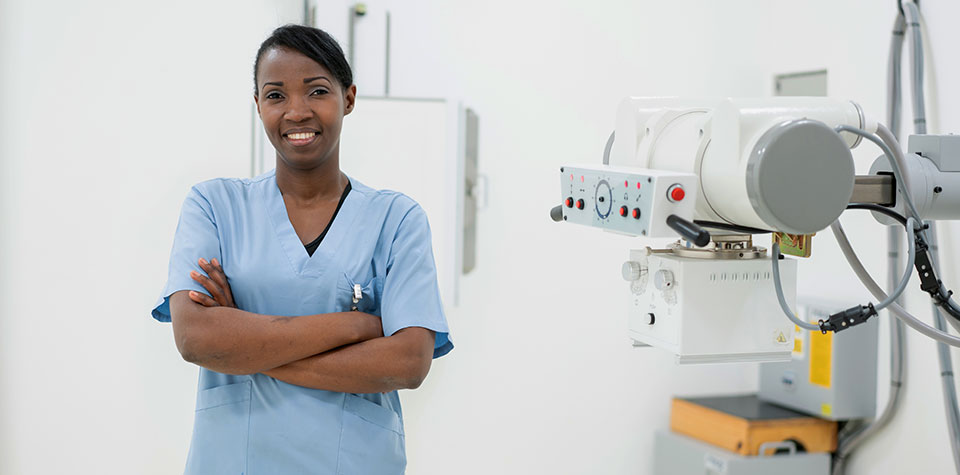Beyond the Bedside: How Nurses Power the Healthcare System
Nurses are the unsung heroes of the healthcare system, playing a vital role both at the bedside and beyond. From hospitals to clinics, schools to senior care facilities, nurses provide essential care that keeps our communities healthy and resilient. This article explores the multifaceted world of nursing, highlighting the various roles, responsibilities, and challenges nurses face in their demanding yet rewarding profession.

The Evolution of Nursing: From Florence Nightingale to Modern Practice
The nursing profession has come a long way since Florence Nightingale established its foundations in the 19th century. Today’s nurses combine traditional caregiving with advanced technology, evidence-based practice, and specialized expertise. Modern nursing encompasses various specializations, from critical care and emergency medicine to pediatrics and geriatrics, reflecting the profession’s adaptability to changing healthcare needs.
Diverse Nursing Roles in Today’s Healthcare Landscape
Contemporary nurses serve in numerous capacities beyond hospital settings. They work as nurse practitioners in primary care, school nurses promoting community health, nurse informaticists managing healthcare technology, and clinical nurse specialists developing specialized treatment protocols. This diversity of roles demonstrates the profession’s vital contribution to comprehensive healthcare delivery.
Nurses as Healthcare Heroes: Impact on Patient Outcomes
Research consistently shows that nurses significantly influence patient recovery, satisfaction, and safety. Their 24/7 presence allows for continuous monitoring, quick response to emergencies, and the development of trusted relationships with patients and families. Nurses often serve as the primary liaison between patients and other healthcare providers, ensuring coordinated care delivery.
Educational Leadership: Nurses as Teachers and Mentors
Nurses play a crucial role in healthcare education, both for future healthcare professionals and patients. They serve as clinical instructors in nursing schools, provide continuing education for healthcare staff, and educate patients about health management. This educational component helps improve health literacy and promotes better patient self-care practices.
The Future of Nursing: Technology and Innovation
Modern nursing is increasingly technology-driven, with nurses utilizing advanced medical devices, electronic health records, and telehealth platforms. Here’s how technology is transforming nursing roles:
| Technology Area | Impact on Nursing | Benefits to Healthcare |
|---|---|---|
| Telehealth | Remote patient monitoring | Increased access to care |
| AI Integration | Enhanced decision support | Improved diagnostic accuracy |
| Mobile Apps | Better care coordination | Streamlined communication |
| Smart Devices | Real-time patient tracking | Enhanced patient safety |
Advocacy and Leadership in Healthcare Policy
Nurses increasingly influence healthcare policy and administration, serving on hospital boards, government advisory committees, and healthcare organizations. Their firsthand experience with patient care makes them valuable contributors to policy decisions that affect healthcare delivery and patient outcomes. Through professional organizations and advocacy efforts, nurses help shape the future of healthcare systems worldwide.
This article is for informational purposes only and should not be considered medical advice. Please consult a qualified healthcare professional for personalized guidance and treatment.




